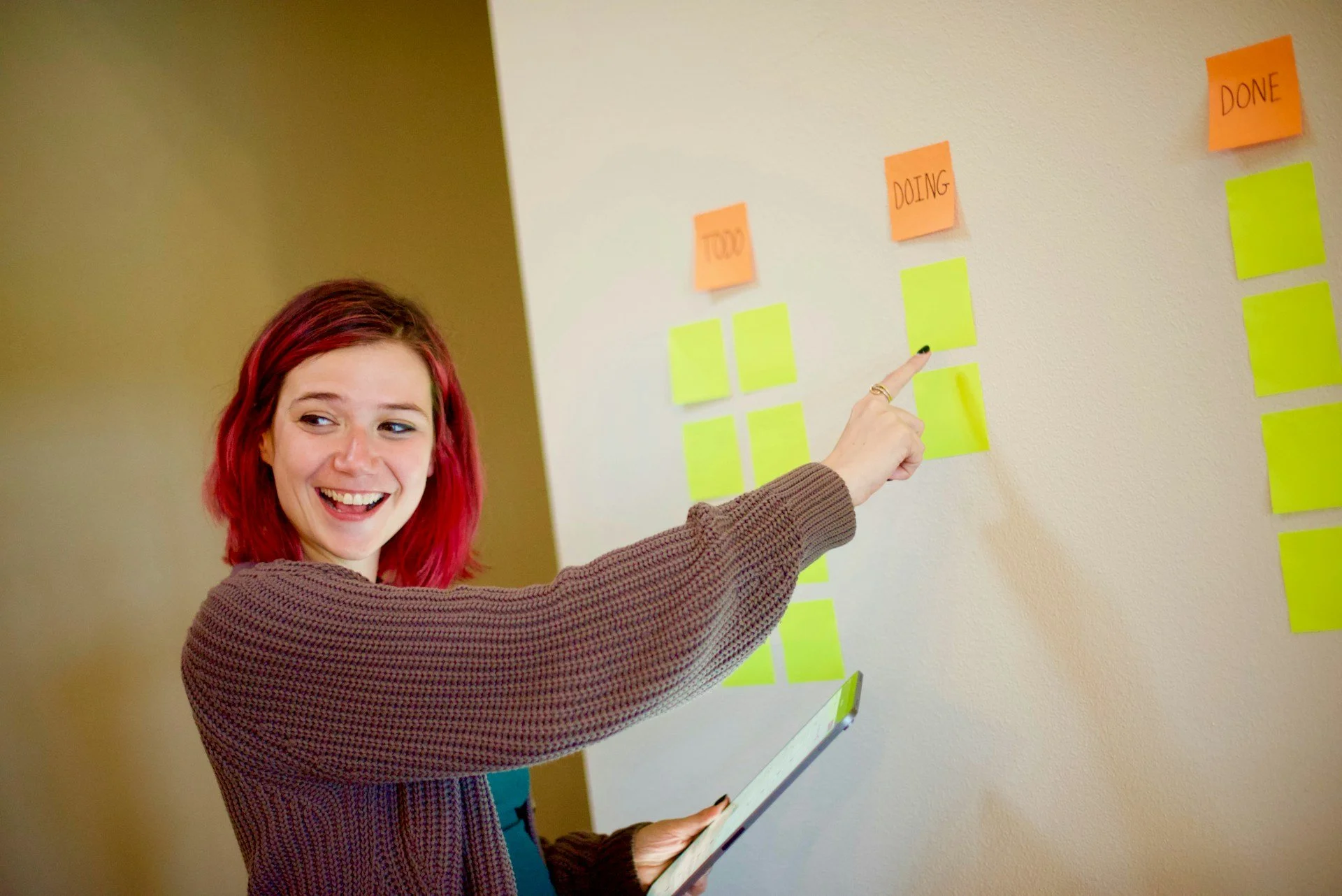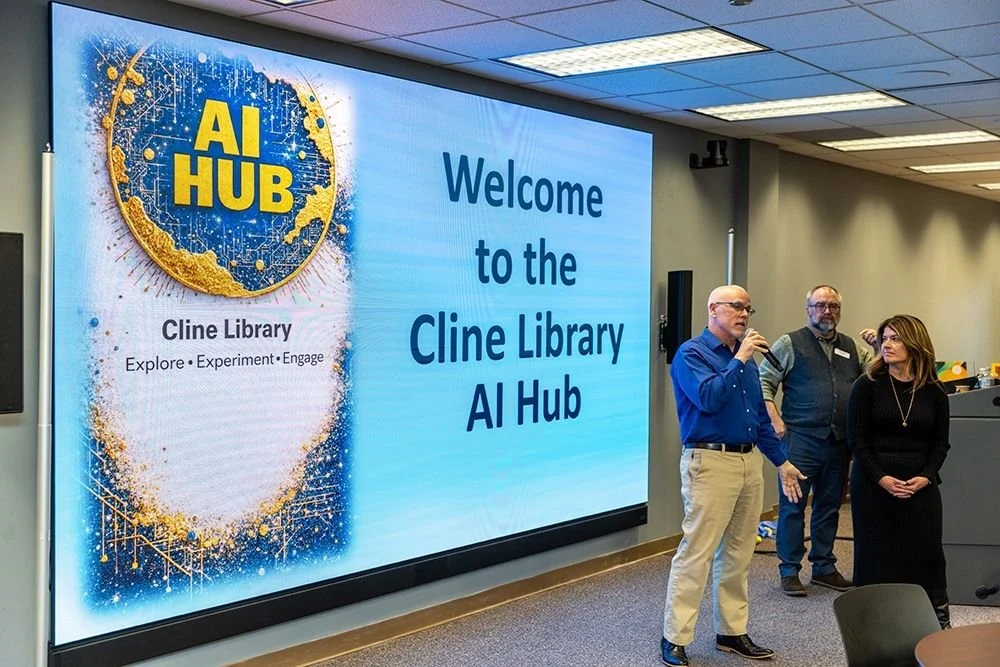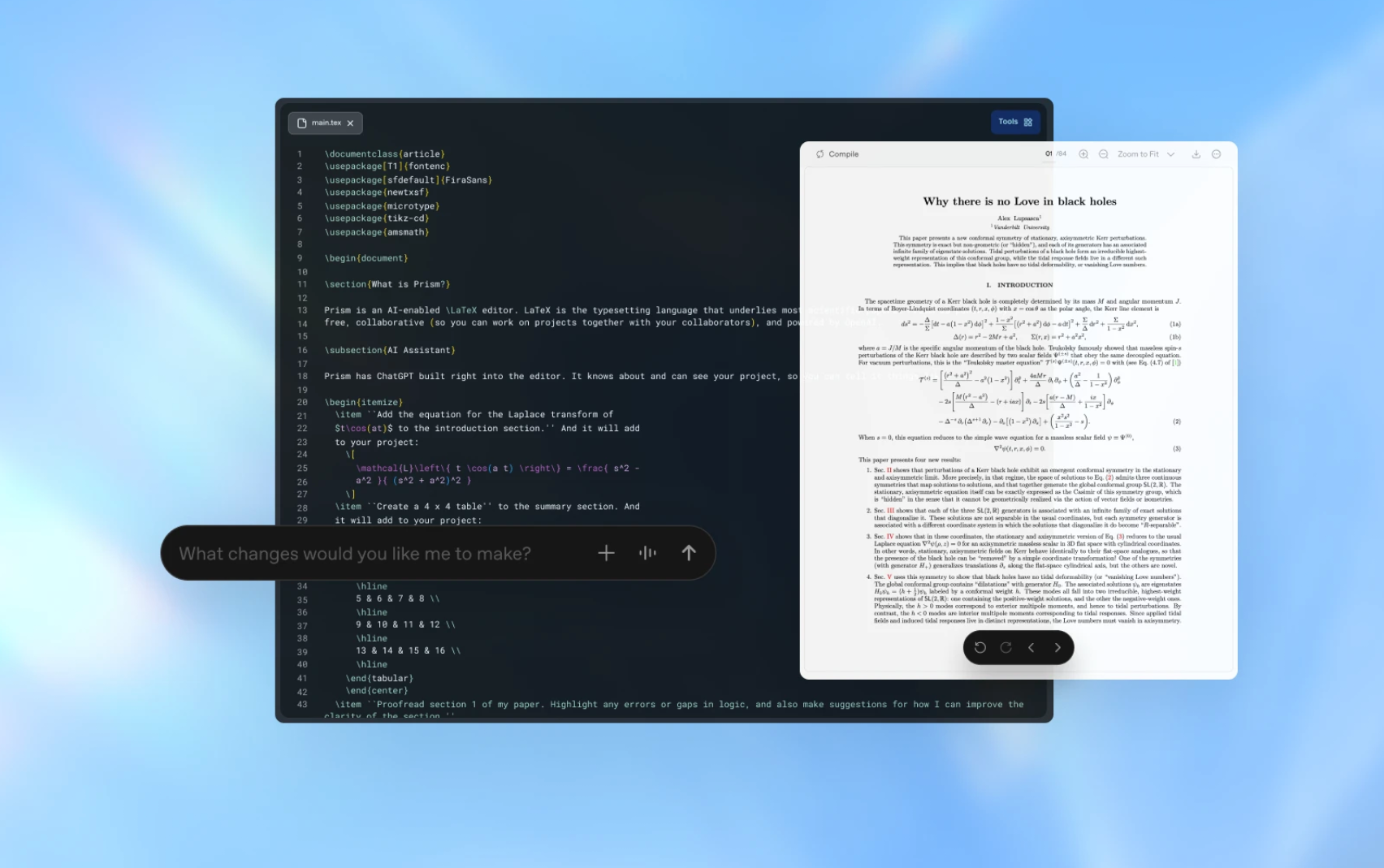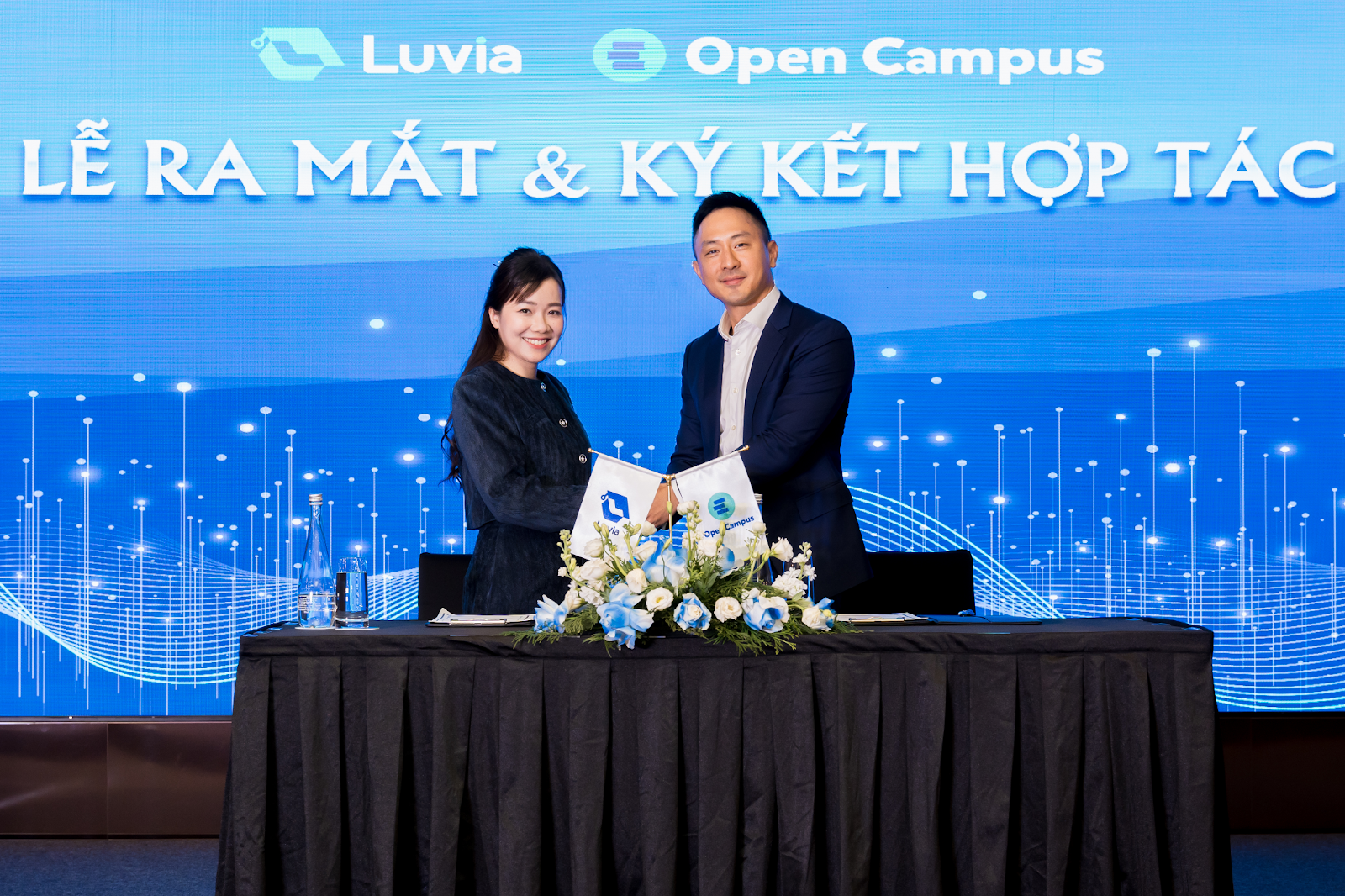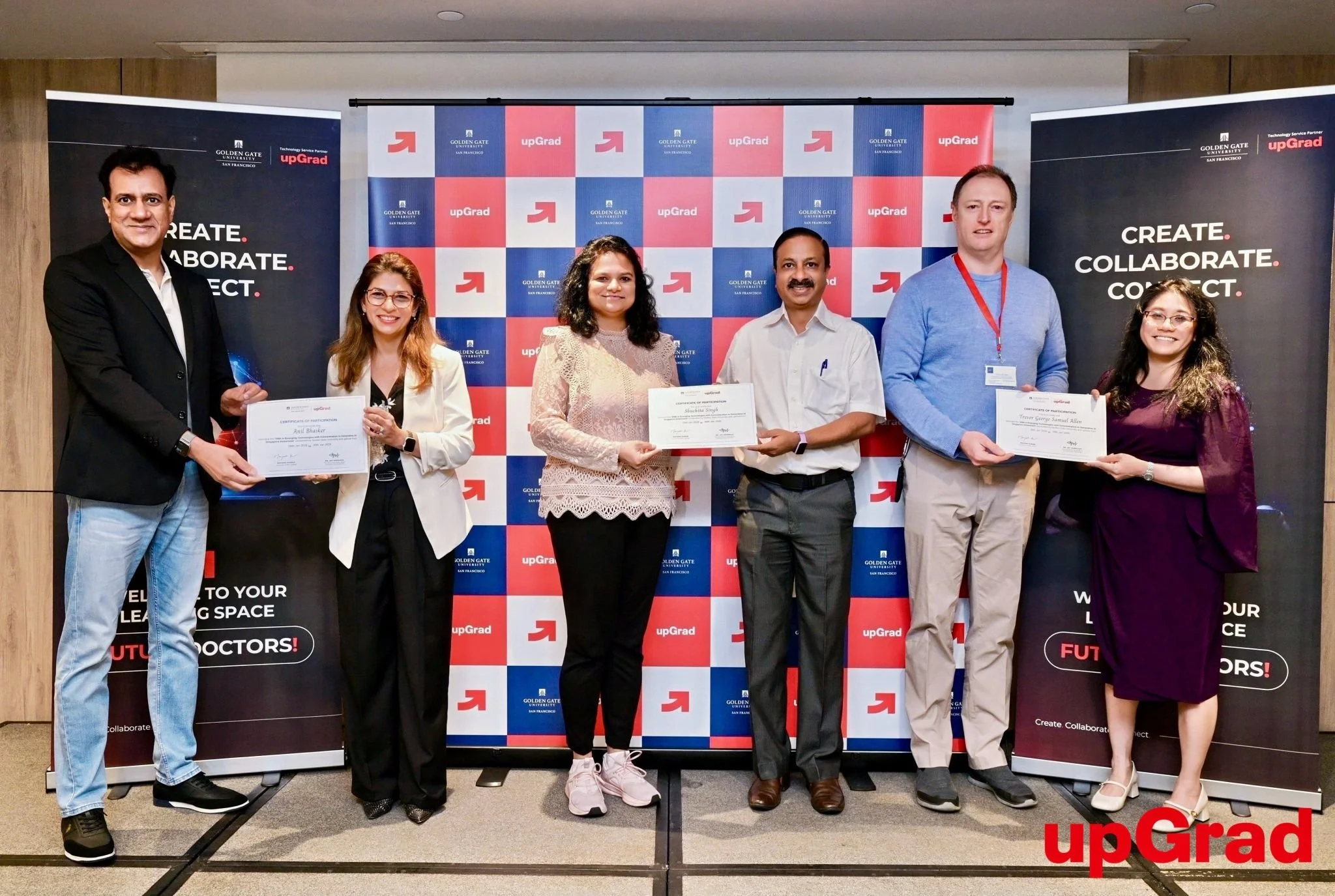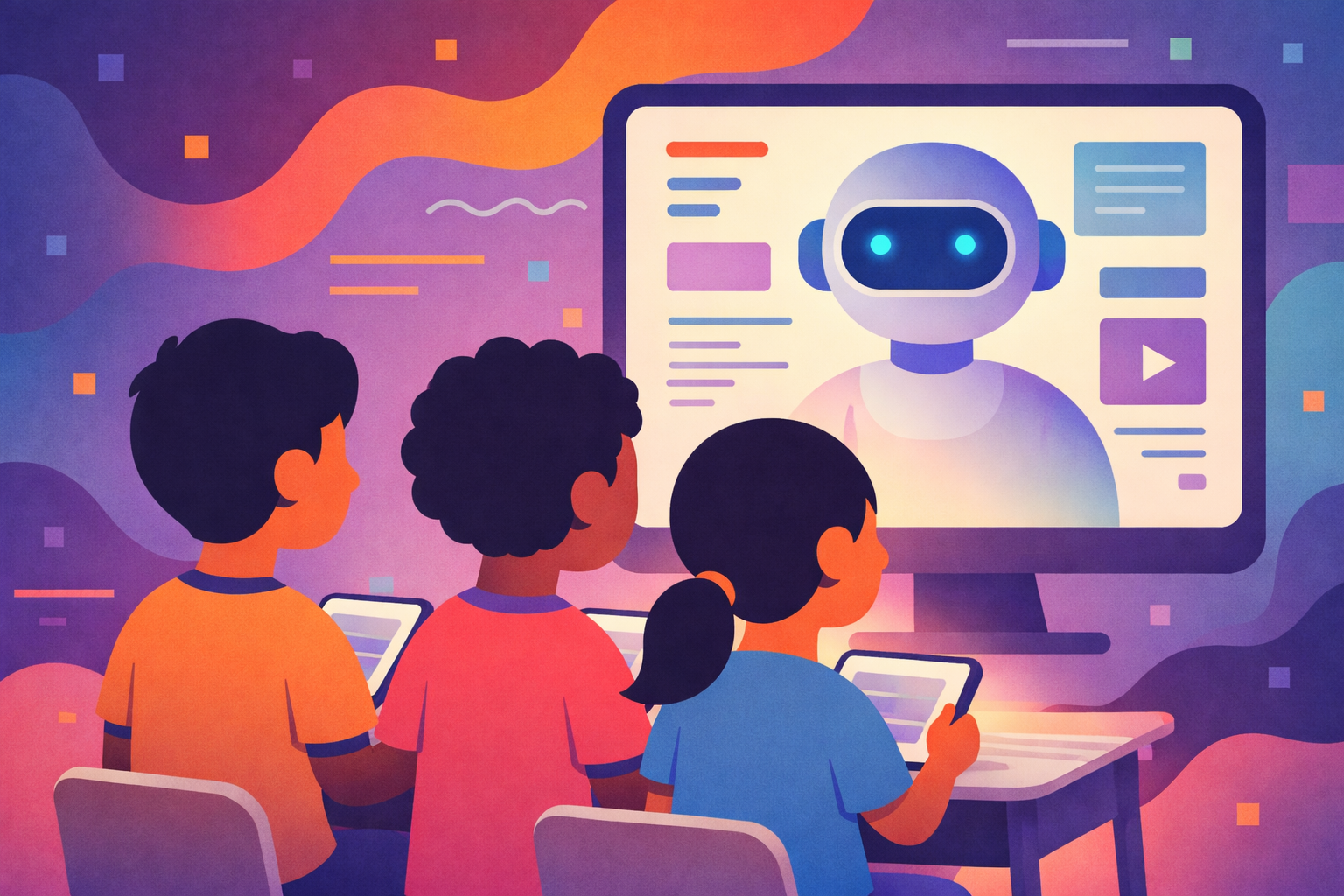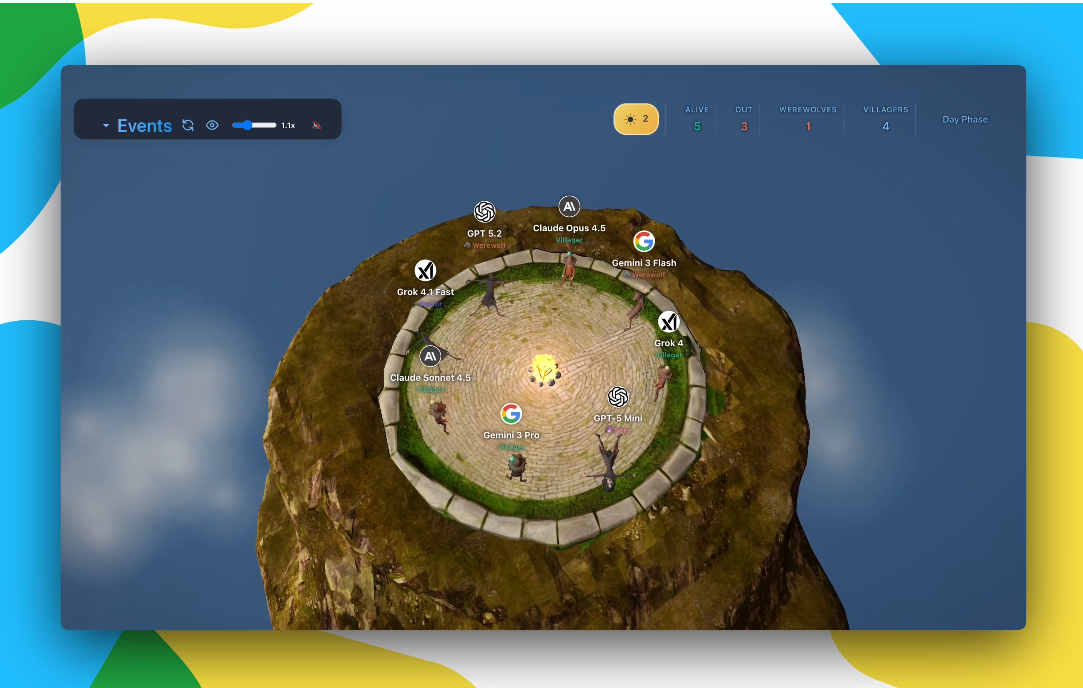Catawba County Schools hosts student-led AI Prompt-a-Thon ahead of potential national challenge entry
The event, supported by North Carolina’s Digital Learning Initiative, explores student use of AI to address real-world local problems in the United States.
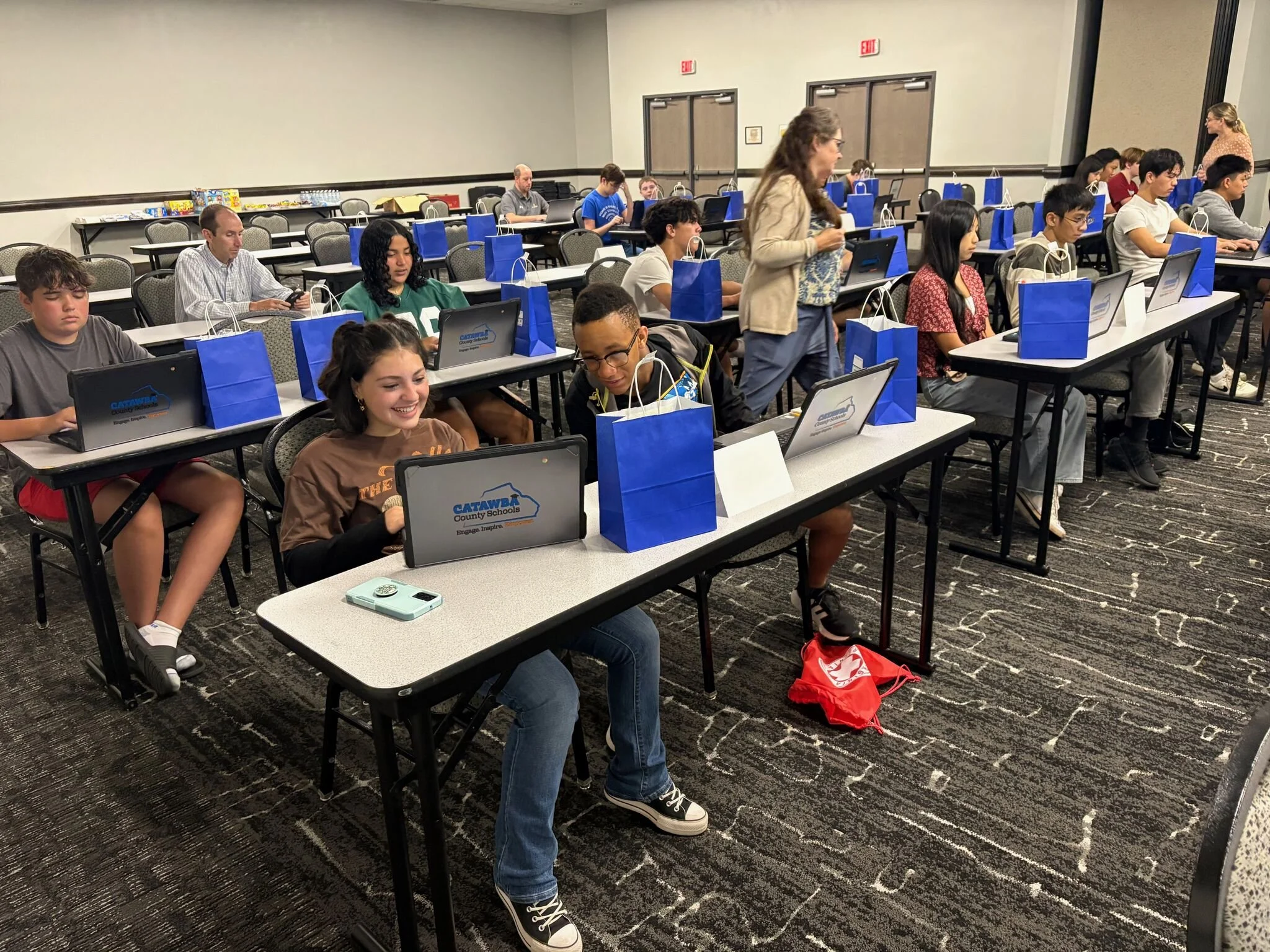
Photo credit: Marty Sharpe
Over 30 high school students from Catawba County Schools in the United States took part this week in what is believed to be North Carolina’s first student AI Prompt-a-Thon.
The event, held during summer break, is part of the district’s early exploration of the newly announced Presidential AI Challenge, a national competition that invites K–12 students and educators to develop AI-powered solutions to local issues.
The event was shared in a LinkedIn post by Marty Sharpe, Chief Technology Officer at Catawba County Schools and a Certified Education Technology Leader (CETL). The initiative is a partnership with AI for Education’s Corey Layne Crouch and aligns with state-supported work through the NC Digital Learning Initiative Impact Grant.
Students guided by design thinking principles
The day-and-a-half event focuses on student-led inquiry and problem-solving. Participants are encouraged to treat AI as a collaborative partner while working through the design thinking process: identifying a local problem, empathizing with affected users, brainstorming possible solutions, and testing outputs.
On day one, students worked on defining and exploring their problem areas. On day two, they are expected to build on their concepts and share solutions. According to Sharpe, the event is designed to go beyond tool use, emphasizing strategic thinking and creativity in an AI-integrated context.
Program ties into wider digital learning strategy
The Prompt-a-Thon builds on Catawba County Schools’ existing work to integrate emerging technologies into learning environments. It also serves as a possible local test case for how United States school districts might engage with future national or state-level AI literacy efforts.
The North Carolina Digital Learning Initiative, which funded the event in part, aims to support schools in implementing innovative digital teaching strategies. The Impact Grant program is designed to help districts pilot scalable ideas with a focus on personalized and future-ready learning.
In his post Sharpe said, “Events like this show how ready our students are to lead in an AI-driven world. They are not just learning how to use the tools; they are learning how to shape the future with them.”





